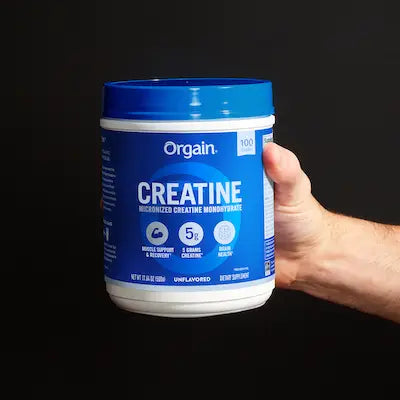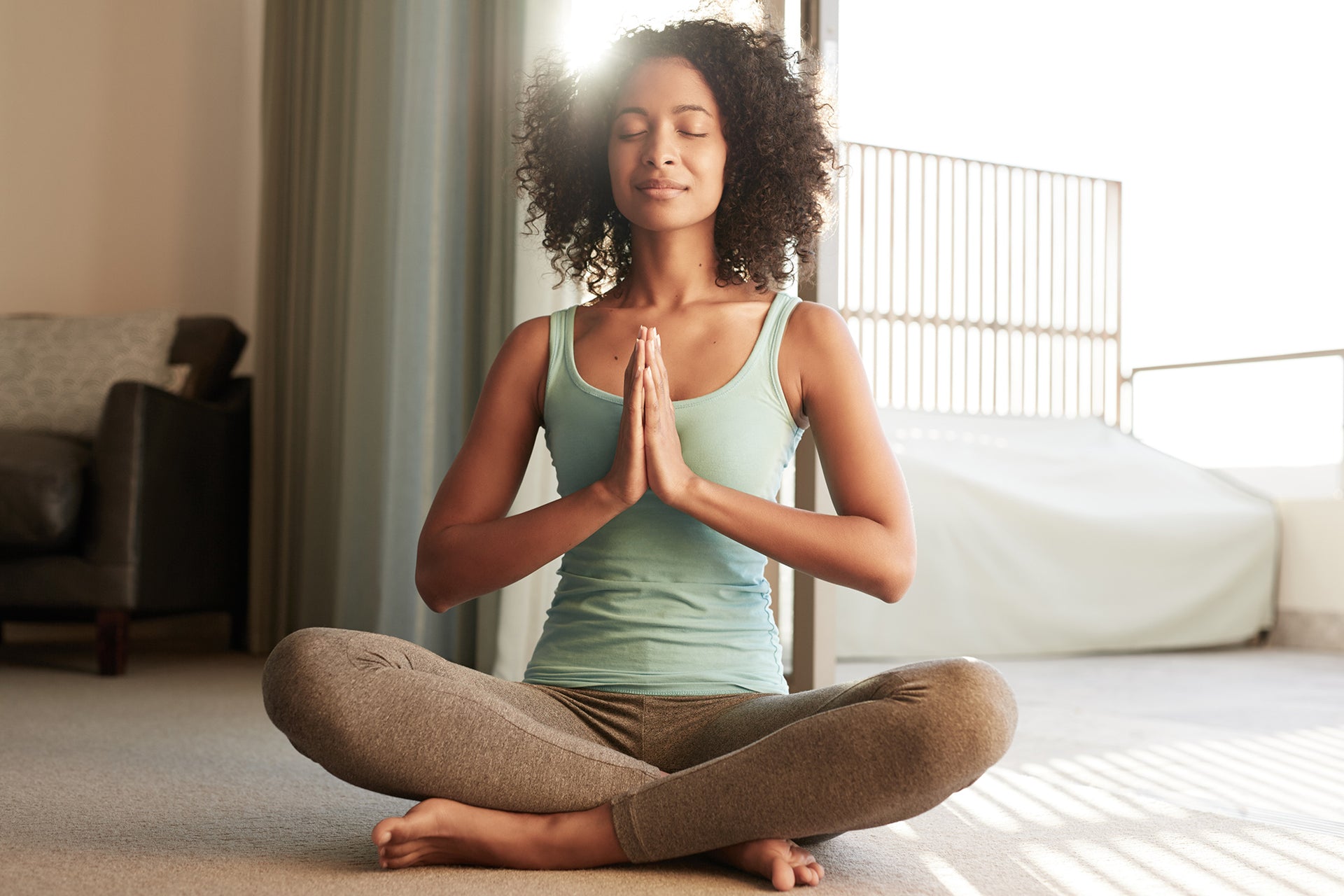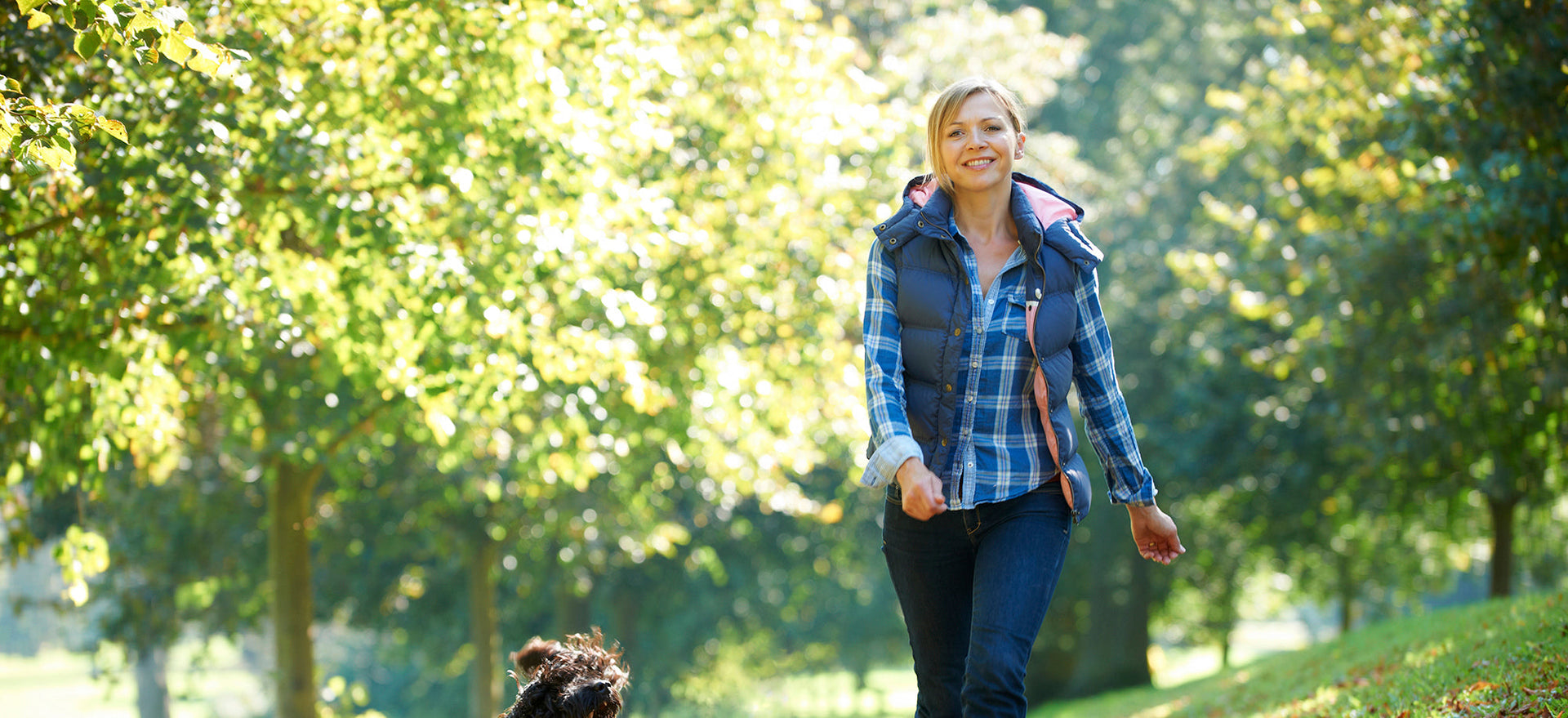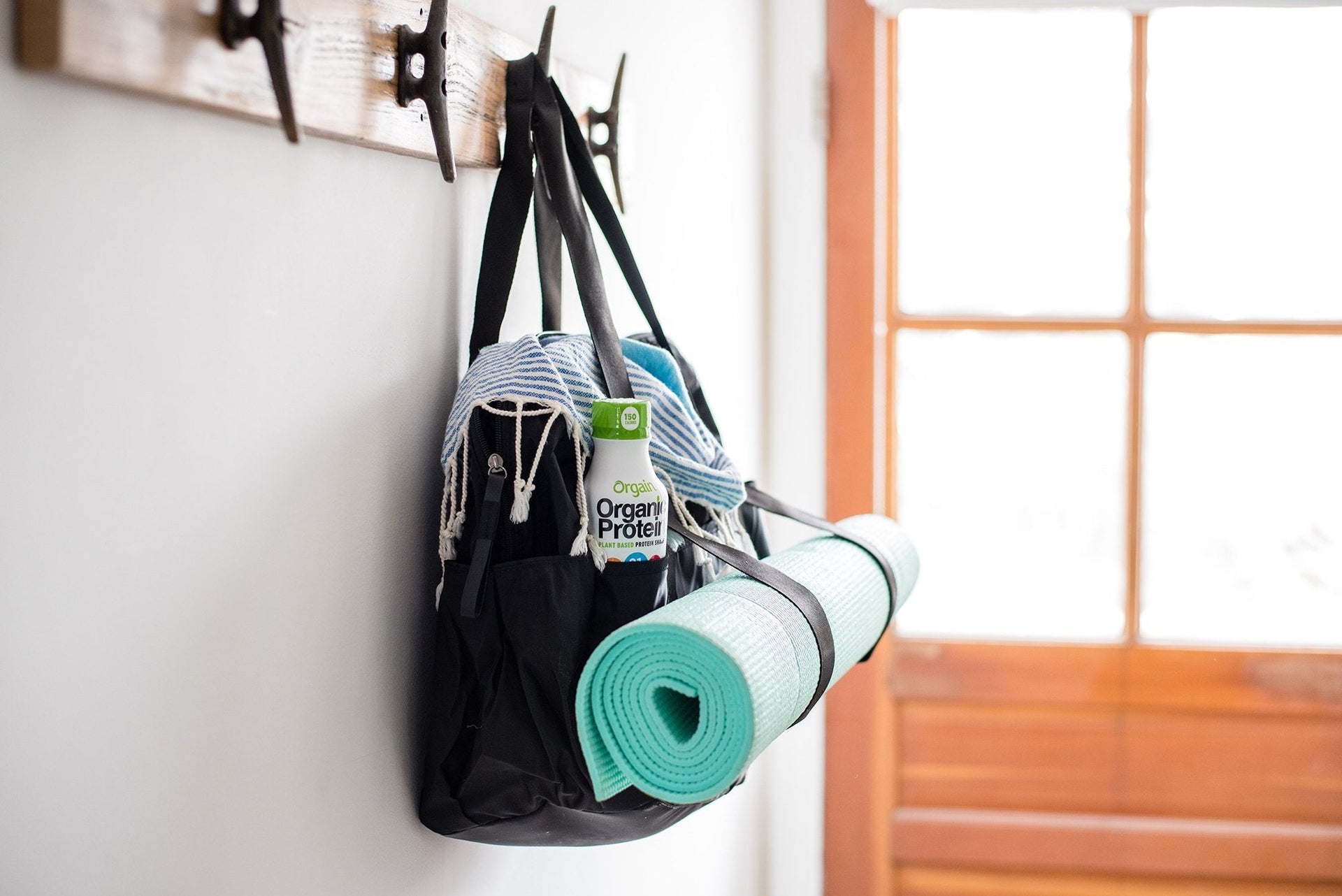Feeling stressed? Overwhelmed? Anxious? Trust us, you’re not alone.
We all feel it. We all hate it. Stress is inevitable. Especially in today’s climate, with 24-hour coverage of the coronavirus and disruptions in normal routines. That’s why we want to take a moment and acknowledge that that April is National Stress Awareness Month. We can’t always control the circumstances in our lives, but we do have a choice in how we face it. To help with that, we are going to arm you with tried and true tools to help you build stress resilience muscles.
First, some background……what is stress?
In its purest form, stress is our body’s reaction to something it perceives as dangerous or threatening. When we sense danger, whether real or imagined, our body responds by producing a complex mixture of hormones that kick our defenses into high gear. Our heart pounds faster, blood pressure rises, muscles tighten, and our breath quickens. This process is known as the “fight-or-flight” reaction or the “stress response,” and it’s the body’s way of protecting us. Stress can help us rise to meet challenges, stay focused, and alert. In emergencies, it can save our lives. The problem is when we continue in a state of stress for prolonged periods, it can be detrimental to our health. Chronic stress can wreak havoc on our minds, bodies, relationships, and overall health.
Symptoms of stress include:
- Anxiety
- Poor concentration
- Upset stomach
- Headaches
- Compulsive eating
- Irritability
- Social withdrawal
What is resilience?
Resilience is the ability to recover, adapt, and grow in response to stress, adversity or challenges. It helps give us the strength needed to process and overcome hardship. The more resilience we have, the greater capacity we have for stress-related growth. For some of us, the skill of resiliency comes naturally. The rest of us, however, need to cultivate it.
Building resilience muscles to combat stress
Practice mindfulness: It’s almost as if our minds were wired to get distracted and carried away in thought. That’s why mindfulness is so beneficial because it helps us return to the present moment. It’s the practice of maintaining awareness of our thoughts, feelings, and surrounding environment without labeling or judgment. Practicing mindfulness can help direct our attention away from negative thinking.
Learn relaxation techniques: Similar to mindfulness, relaxation is a process that decreases the effects of stress on our mind and body. Practicing relaxation techniques can assist in relieving muscle tension, reduce anxiety, and improve overall wellbeing. Some of these techniques include:
- Deep breathing – When stressed, the muscles that help us breathe tighten, leading to shortness of breath. Abdominal breathing is one of the easiest and most effective ways to reduce muscle tension and anxiety. By focusing on taking several deep breaths you can quickly and relieve symptoms associated with feeling stressed.
- Guided Imagery – The mind is a powerful tool that can have a tremendous effect on the body. Guided imagery is a technique focused on using the imagination in a proactive, positive way while utilizing all of our senses. By practicing this, we can actually change how we feel, simply by changing what we choose to focus on.
- Meditation – Research suggests that daily mediation can alter the brain’s neural pathways, making us more resilient to stress. Dedicating just a few minutes to this practice can result in improved focus, happiness, memory, and self-control. No incense or floor cushions needed.
Engage in daily exercise: Regular exercise brings about extraordinary changes to the body and mind. It has a unique ability to energize and stimulate while simultaneously creating a sense of calm and relaxation. It reduces the body’s stress hormones, such as adrenaline and cortisol, and triggers the production of “feel-good” endorphins, helping us to cope with potentially challenging situations.
Eat well: Your brain works hard 24/7, which means it requires a constant supply of fuel. Eating a nutritious, well-balanced diet helps provide our cells with vitamins, minerals, and antioxidants that nourish the brain and body, while protecting us from the damaging effects of oxidative stress.
Use natural health supplements: Having vitamin and mineral deficiencies can negatively impact your physical and mental health. It is very important to consume the essential vitamins, minerals and other supplements to nourish your body. You need to ensure your body has enough calcium, vitamins, omega-3, protein etc. If you do not have any deficiencies and are still suffering from anxiety or stress, you can consider aromatherapy into your wellness routine. Doing so will relieve your stress and make you feel more relaxed.
By learning to develop our resilience, we can minimize stress and grow stronger as a result. We challenge you to raise your stress awareness this month. The next time you are feeling anxious or stressed, practice one of the above techniques. You may be surprised by their effect!



















